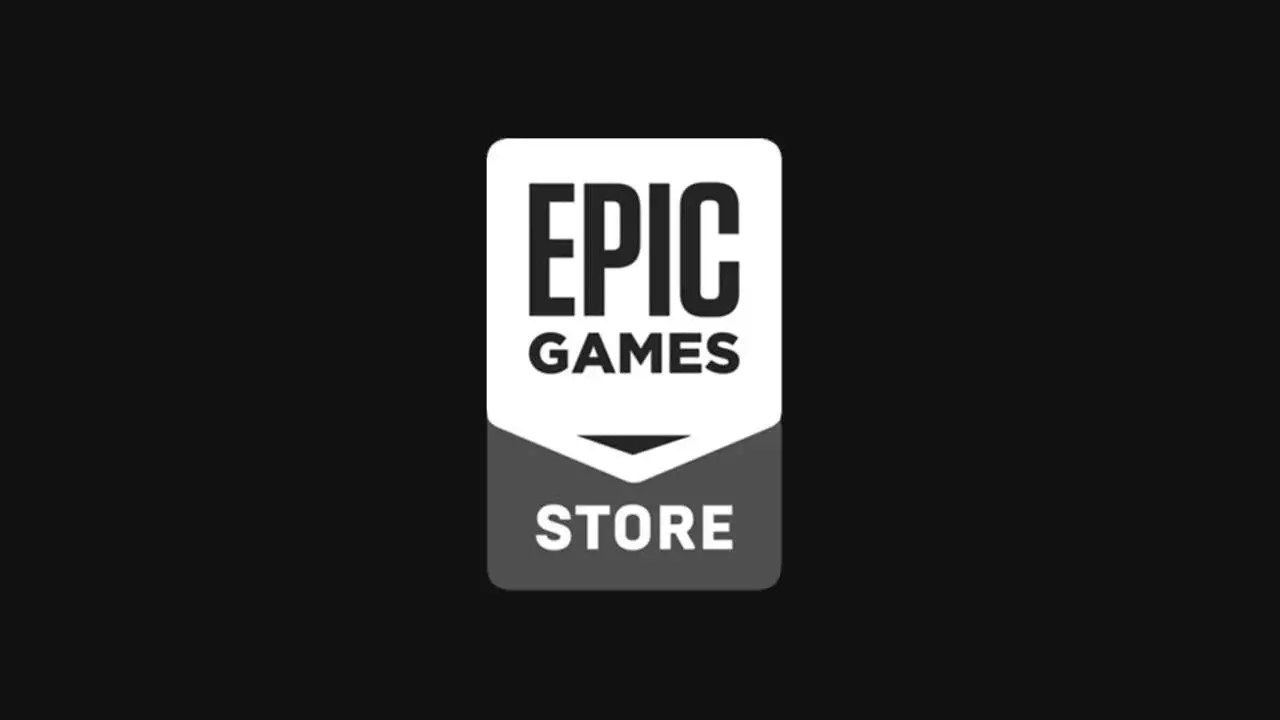Recently, a collective consumer complaint has emerged from The European Consumer Organization (BEUC), targeting a group of prominent gaming companies including Epic Games, Electronic Arts, Roblox, Microsoft, Activision Blizzard, Mojang Studios, Supercell, and Ubisoft. These companies stand accused of utilizing misleading marketing strategies to entice players, particularly children, into making unnecessary in-app purchases. The BEUC has submitted a comprehensive 36-page report to the European Commission and the European Network of Consumer Authorities, spotlighting what they term “harmful commercial practices.” Such practices encompass loot boxes, deceptive game designs, and aggressive marketing techniques that prioritize profit over transparency.
The crux of BEUC’s allegations revolves around the suggestion that these gaming companies meticulously engineer their games to exploit vulnerable players. In a statement, BEUC Director General Agustin Reyna remarked, “Regulators must act… it still needs to abide by real-world rules.” This statement encapsulates the ongoing tension between the virtual environment of mobile gaming and traditional consumer protection laws. The concern extends particularly to the youth demographic, who may not possess the critical skills needed to navigate complex purchasing mechanisms in games. Critics argue that this points to a fundamental issue regarding the ethical responsibilities of gaming companies when dealing with younger audiences, suggesting that regulations should be put in place to safeguard consumers against such exploitative tactics.
In response to these accusations, Video Games Europe, a coalition representing many of the implicated companies, pushed back against BEUC’s claims. They argued that mobile games, which can be enjoyed without additional spending, operate within a framework familiar to players. Furthermore, they insisted that the purchase of in-game currencies is a long-established norm in the gaming industry that players understand and accept. Their statement underscores a critical point: that consumers are often aware of what they are spending their money on, thereby challenging BEUC’s characterization of these purchases as deceptive.
The argument intensifies as both sides present compelling cases for their respective positions. On one hand, there is a legitimate concern about the ethical implications tied to the monetization schemes employed by gaming platforms, especially in a landscape where children represent a significant user base. On the other hand, the industry advocates for the right of consumers to partake in established gaming practices without the specter of regulatory overreach. The conclusion of this debate may pave the way for more defined consumer protection laws in the gaming sector. Regulatory bodies might need to consider drafting guidelines that balance the freedom of game developers to innovate while safeguarding consumers, particularly younger ones, from potential exploitation. As the gaming world continues to grow, so too must the conversation surrounding the responsibilities of creators and the rights of consumers evolve.


Leave a Reply